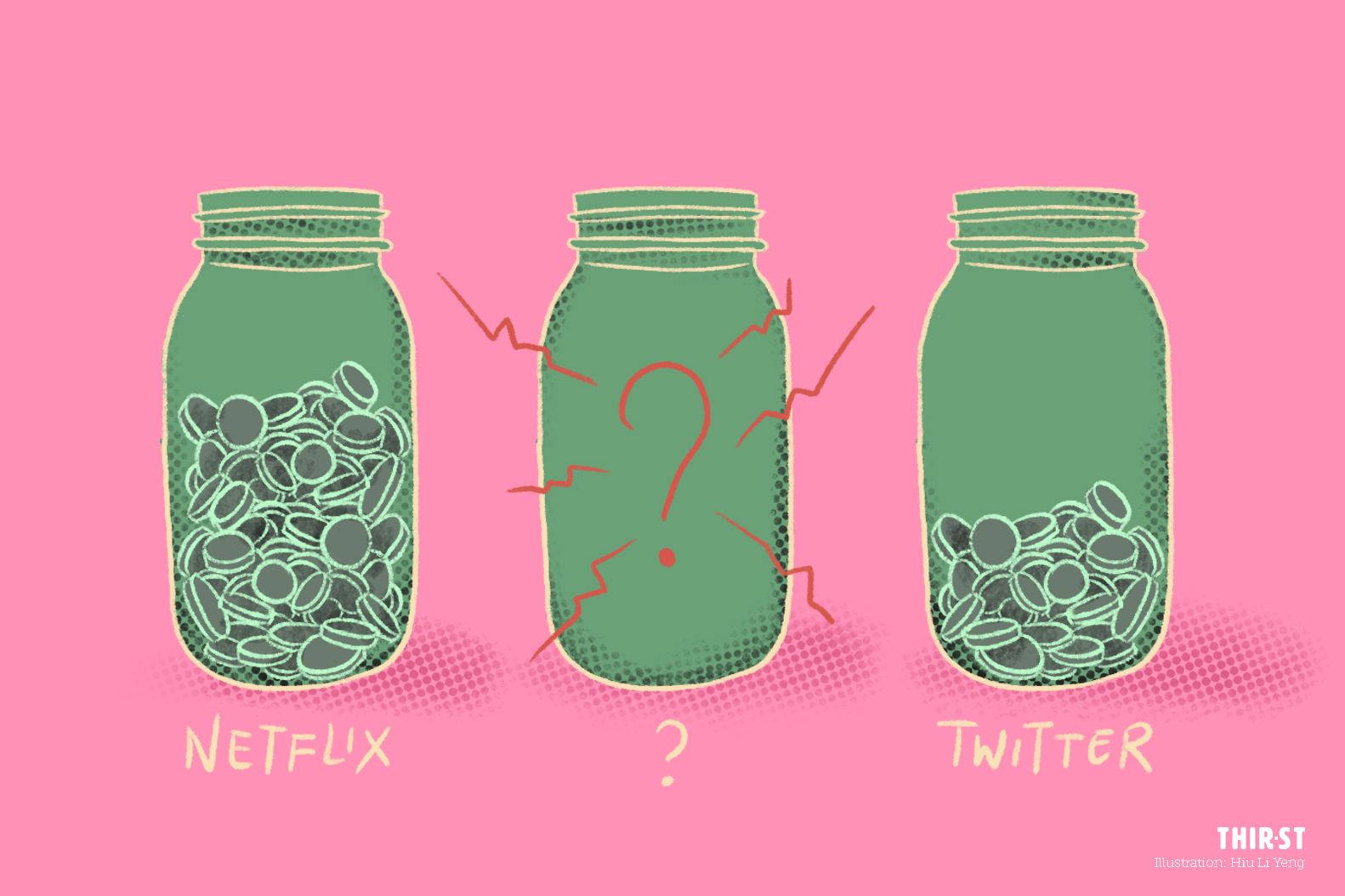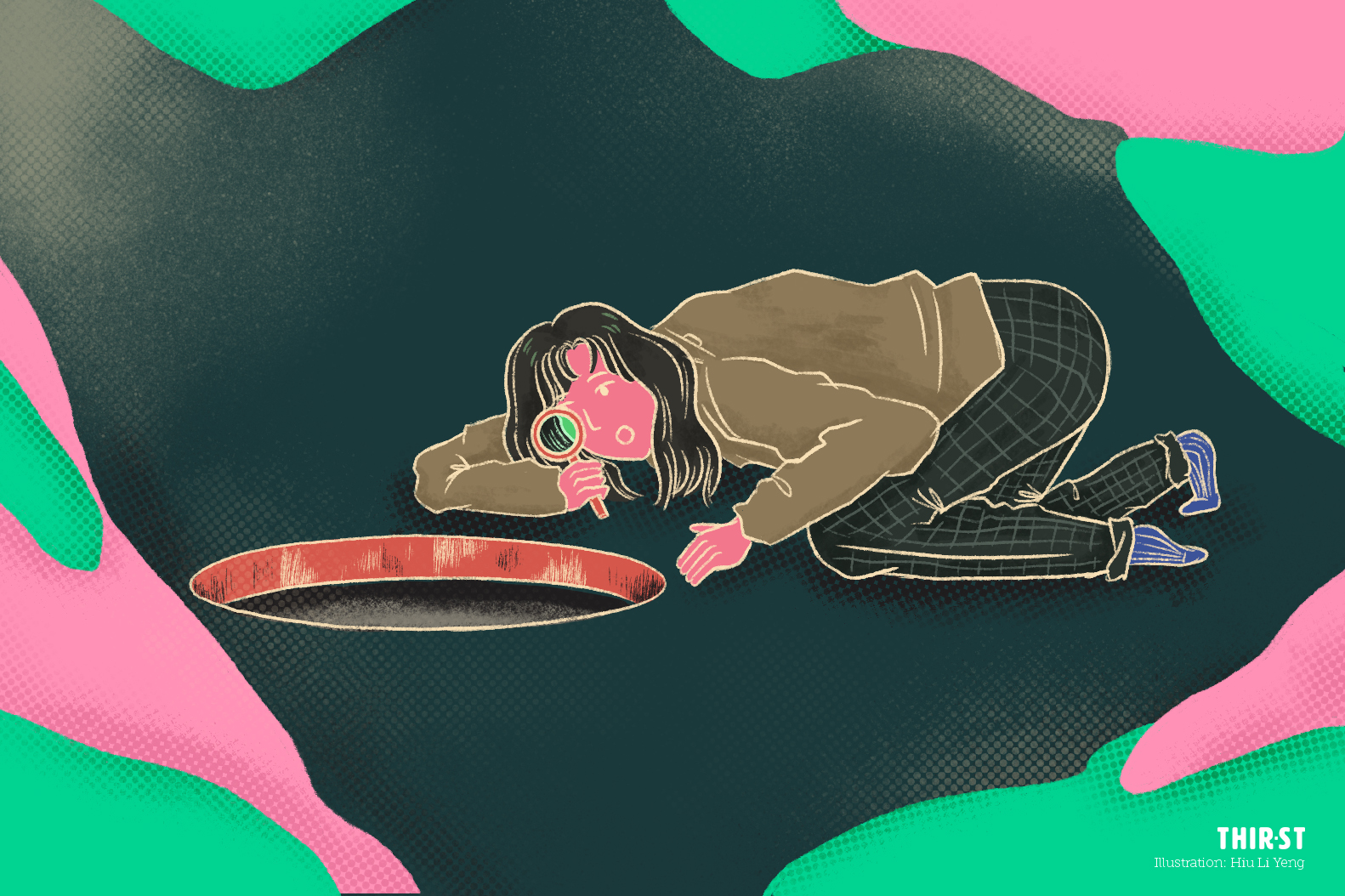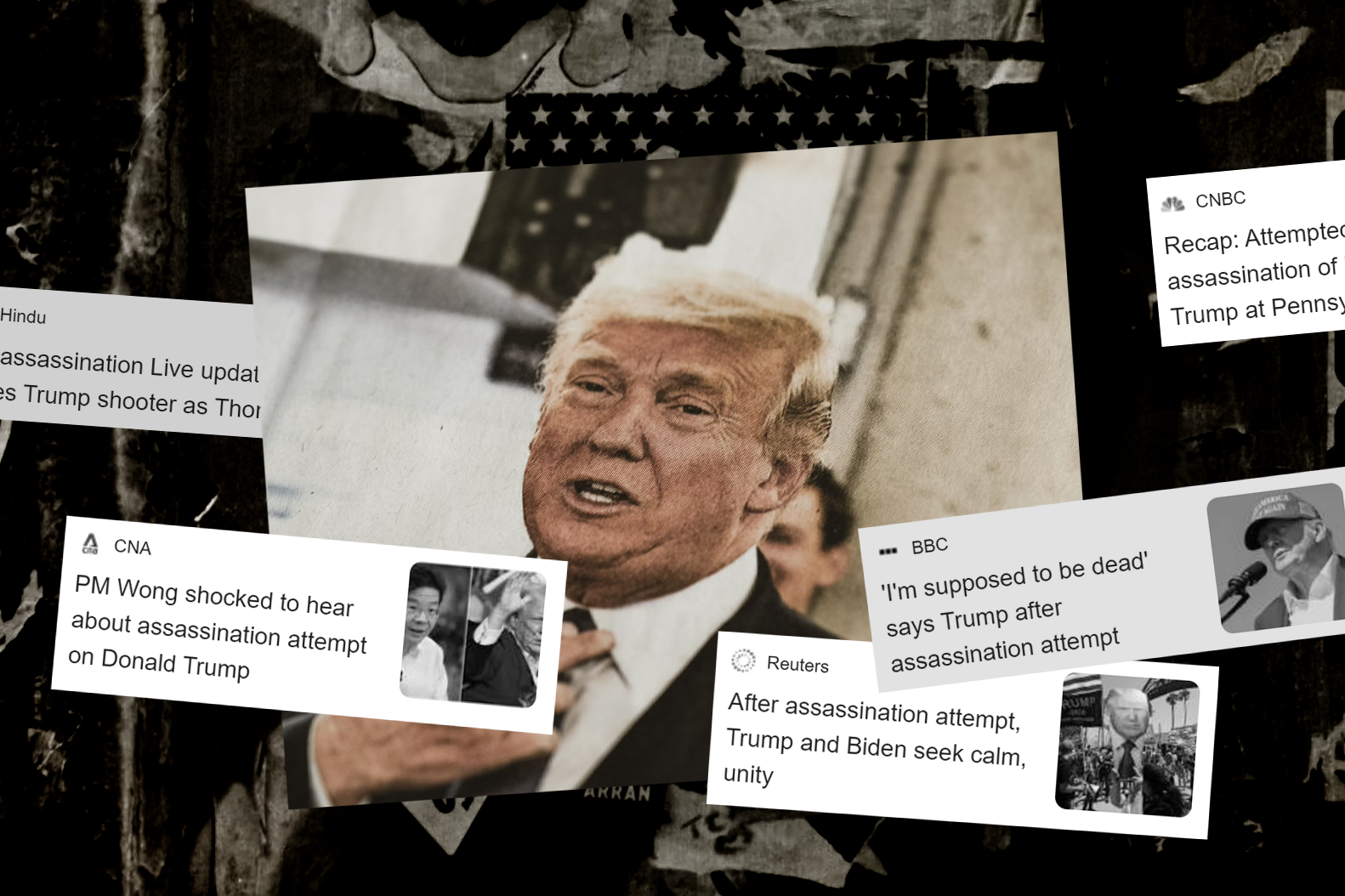Recently, a lot of people have been feeling overwhelmed by the coronavirus-dominated news.
My personal news intake has jumped from almost nothing to reading at least 30 minutes of news a day! Not just because I have to do it for my internship but because I find it really interesting too.
There constantly seems to be drama unfolding across the globe. I follow threads and topics on COVID-19 almost as if I was following a new season of The Office on Netflix (still holding out that they might have a reunion season).
As Singaporeans, we are constantly bombarded by information.
Attention is a currency we constantly spend.
Consuming so much news everyday has led me to realise the pertinent value of paying attention. I mean this in two ways.
Firstly, paying attention is a value. It’s a currency we constantly spend. We pay attention to lots of things throughout our day, often without giving it a second thought: our Instagram feeds, our to-do lists, what’s for dinner.
Paying attention is an investment we make continuously, though we often do so without first considering where we are investing it.
We could be sitting at the dinner table with our family, but scrolling on our phone. Where is our attention being “paid” then? What else could I have done with the one hour I was scrolling on Instagram?
Though these activities are often mindless and “free”, we don’t realise we are “spending” our valuable attention.
I realised the value of paying attention when I noticed that investing my time to keep up with current affairs had been worthwhile. It opened my eyes to the world in a new way, and allowed me to initiate and embark on a much wider range of topics in conversation, growing my heart for different issues and people groups.
After realising that paying attention had been an investment, I reflected on the other things I pay my attention to. What kind of investments are those?
If I had to make an initial deposit with real cash, would I still pay them? $5 to scroll twitter? $10 to stream Netflix?
It helped me put in perspective the value of our attention.

Secondly, and more importantly, I’ve come to see how when I am paying attention, I gain clarity over issues in life which enables me to respond in a deeper, more robust and meaningful way.
For my internship, the news I’ve been following mainly revolves around the Middle East. I never realised there were so many things constantly happening in the Middle East!
It seems such a far removed land from our tiny island. Honestly, it’s a region I don’t think about often. But I’ve come to see and appreciate the intricate complexity of that region’s social issues.
Many times, problems in a community or city which make the news are still developing. As I follow up on particular headlines and see the issue emerge and evolve, I have noticed that it can be difficult to understand an issue from just one news article.
One news article doesn’t cover all the perspectives. Sometimes one news article doesn’t even cover all the facts!
I believe a clear example where paying attention to an issue would be key is news about our coronavirus clusters in dormitories.
Singapore’s COVID-19 case count jumped significantly in April due to coronavirus transmissions in these dormitories. And it was reported that the primary cause of this spike was the poor living conditions migrant workers face – sleeping in bunk beds with hundreds sharing communal toilets and showering facilities.
As a result, many rushed to give their opinion and critiqued how the government should have done better. Responses ranged from being xenophobic to extremely harsh on the authorities.
However, how many had actually been paying attention to the migrant community before the outbreak in the dormitories? How many know the efforts the government has made, the improvements so far or the prejudice that continues to run rampant in our nation?
How many actually understood their living conditions or the difficulties they face simply in obtaining warm, nutritious meals?
Many organisations, like TWC2, have spent years and years working with the migrant community.
However this relatively small group of committed individuals have perpetually needed more support and volunteers to address the sizeable needs of the community.
If more of us pay attention to issues like these around us, more people can be mobilised for change! Understanding is needed for real change to happen – and both take time.
Often, the issues that make the news are simply the tip of the iceberg. Learning this has made me so much more aware of the depth and complexity of social problems.
It’s moved me to research intentionally and develop an opinion which allows for appropriate action.

To do this, some steps I have decided to take are:
- Setting aside 15 minutes in the morning to read the news from a reputable source.
- Choose a specific thread or topic that strikes me.
- Follow up on it by researching it over the course of the week.
- Journalling my perspective and convictions.
- Having conversations with those around me about the things I’m learning!
During this period of quarantine, I hope to grow in mindfulness and to keep my brain active.
And I don’t just want to pay more attention to the world, but also to the people around me. I want to respond with kindness and appreciate them.
Applying this value of paying attention to our everyday lives is key to growing in empathy and strengthening our relationships.
From noticing and greeting the uncle who sweeps the void deck downstairs, to striking up a conversation with my downstairs neighbour – paying attention to those around me throughout my day has opened my eyes in new ways.
And it has given me opportunities to build on these relationships, helping where I can and investing in my community.
Paying attention isn’t easy in our self-focused, fast-paced lifestyles. But as I invest my attention, it is shaping who I am, what I care about and the way I interact with others.
Our attention is valuable and precious – let us invest it wisely!
This article was first published on Solve n+1 and has been republished with permission.
- What are the top 3 things you’re paying attention to on a daily basis?
- Are they truly worth your time?
- What is one practical way you will invest your attention more wisely?









